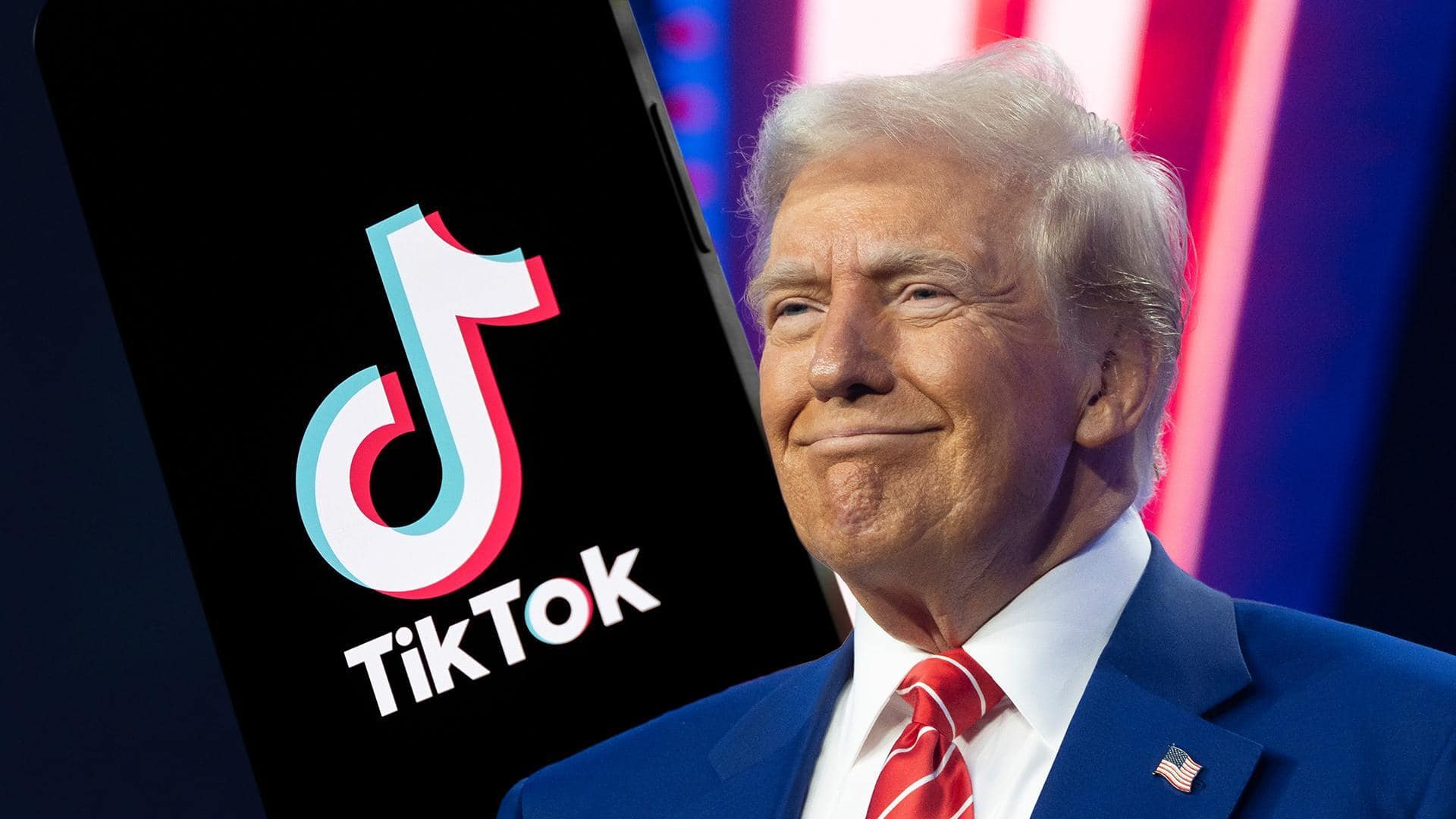
US: Donald Trump urges Supreme Court to delay TikTok ban
What's the story
US President-elect Donald Trump has turned to the US Supreme Court, asking for a delay in the enforcement of a law that could either ban or force the sale of TikTok. The law, citing national security concerns, is due to come into effect on January 19, 2025. Trump has submitted an amicus brief asking for time after his January 20 inauguration to negotiate a resolution.
Deal proposition
Trump proposes deal to avert ban
In his brief, Trump argues that he alone has "the consummate dealmaking expertise, the electoral mandate, and the political will" to negotiate a resolution. He proposed an agreement in which ByteDance, TikTok's Chinese parent company, sells a significant portion of its ownership to an American firm. However, he did not detail the potential deal or how long of a delay would be needed.
Hearing scheduled
Supreme Court to hear arguments on ban
The Supreme Court will hear the matter on January 10 to determine if the proposed TikTok ban violates the First Amendment. The law allows the President to delay its enforcement if progress is made to ensure ByteDance no longer owns TikTok. This comes as Trump's administration would be tasked with enforcing any possible ban and handling divestment deals.
Platform influence
Trump acknowledges TikTok's influence on young voters
Trump has also emphasized his social media presence and ownership of Truth Social as assets in evaluating TikTok's significance for freedom of expression. This is a departure from his position during his first term when he pushed for a ban on the platform in 2020. He now acknowledges the role TikTok played in swaying young voters during his recent campaign.
Security worries
National security concerns over TikTok's Chinese ownership
The Joe Biden administration has expressed concerns over national security risks posed by Chinese ownership of TikTok. Solicitor General Elizabeth Prelogar has warned about the platform's practice of collecting sensitive data from millions of Americans. Meanwhile, TikTok contends that Congress overlooked less extreme measures and that speech bans should be a last resort.
Global impact
Trump warns of global precedent set by TikTok ban
Trump's filing also echoed free speech arguments made by TikTok and its users. He warned that the law "may set a dangerous global precedent" by potentially shutting down an entire social media platform, based on concerns about disfavored speech. Notably, a federal appeals court in Washington had previously upheld the law, granting Congress and the President broad discretion in national security matters.